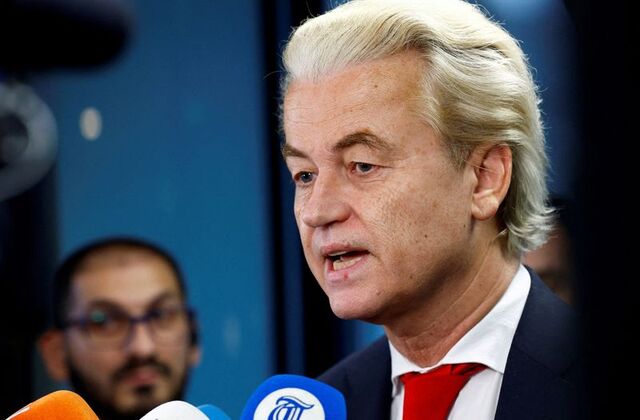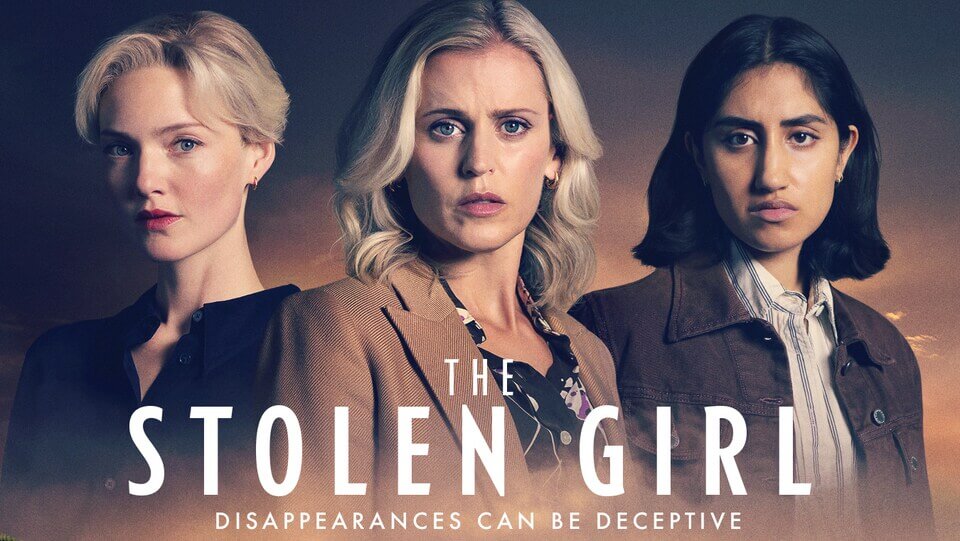The Netherlands veers strongly to the right with the new administration dominated by the party of Geert Wilders.
Anti-Islamic firebrand Geert Wilders and three other party leaders have agreed on a coalition pact that shifts the Netherlands towards the far right.
The Hague Anti-Islamic firebrand Geert Wilders and three other party leaders reached an agreement on a coalition arrangement early Thursday that shifts the Netherlands towards the far right, ending a tumultuous half-year of discussions that have left it uncertain who would become Prime Minister.
The “Hope, Courage, and Pride” pact imposes stringent restrictions on asylum applicants, eliminates family reunion for refugees, and aims to minimise the number of international students studying in the country.
“Deport people without valid residence permits as much as possible, even forcibly,” the 26-page paper states.
Wilders declared victory on “a historic day,” claiming he had ensured that the three other coalition parties, including outgoing Prime Minister Mark Rutte’s, approved the substance of his programme.
“The strictest asylum policy ever,” Wilders said. “The Dutch are back at No. 1,” he added, emphasising his campaign theme of immigrants and asylum seekers receiving preferential treatment over others.
With far right and populist parties either in or heading half a dozen administrations throughout the 27-nation EU, they appear poised to make gains in the European Parliament election on June 6-9.
Wilders has already reluctantly admitted that he will not succeed Rutte as prime minister. The parties must yet get an agreement on a prime minister, who is expected to be a technocrat outside of the party institutions.
Speculation has centred on Ronald Plasterk of the Labour Party, who rose to prominence this year as the first “scout” to hold talks with party leaders about potential alliances.
According to the agreement, the incoming government will continue to fund the climate change fund established last year. However, the Farmers Citizens Movement is part of the alliance, and the agreement includes soothing language and concessions to farmers who have blocked cities with tractors during disruptive protests.
Other provisions of the accord include increased social housing, tougher punishments for major crimes, and a cap on property taxes.
The organisation intends to continue its assistance for Ukraine and wants to make NATO’s threshold of 2% of GDP for defence into law.
The parties will outline the programme to parliament on Thursday, but a debate on the deal will not take place until next week.




